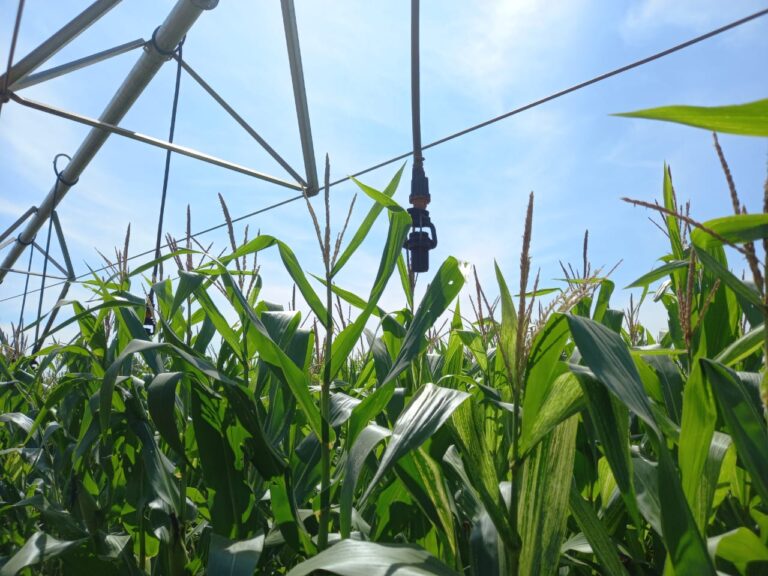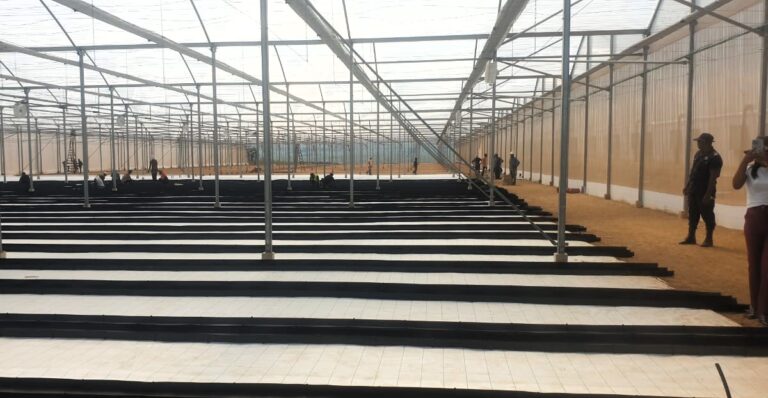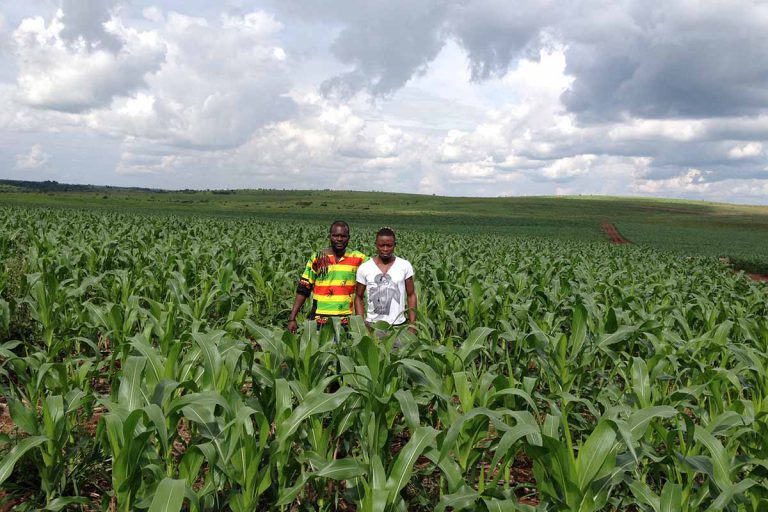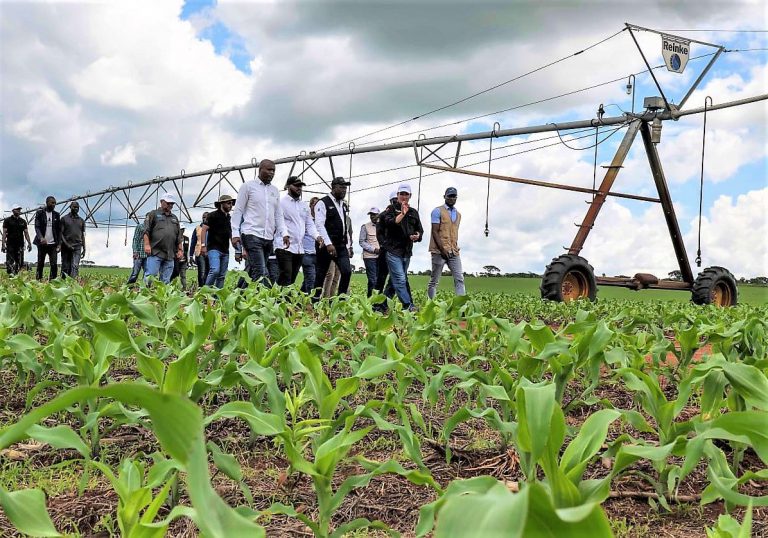By Agustin Pimstein
As climate change intensifies, tropical agriculture must evolve to sustain productivity. Traditional rain-fed agriculture, once reliable, is no longer sufficient to meet the high standards of agricultural productivity due to longer and drier dry seasons. Incorporating modern irrigation systems is crucial for maintaining and enhancing yields and quality in these regions.
Irrigation, specifically drip and sprinkler systems, offers a transformative solution for tropical and subtropical agriculture. These advanced systems are designed to deliver water directly to the plant roots or through controlled sprinkling, optimizing water usage and ensuring that crops receive adequate hydration even during extended dry periods. This precision in water delivery not only conserves water but also significantly boosts crop yields and quality.
The impact of adopting drip or sprinkler irrigation in tropical regions is profound. These systems enhance food security by stabilizing agricultural outputs, making crops less vulnerable to erratic weather patterns. Farmers can maintain consistent production levels, ensuring a steady supply of food to local and regional markets. This stability is crucial for mitigating the adverse effects of climate change on food availability and prices.
Moreover, modern irrigation systems are versatile and can be adapted to various crops and terrains in tropical areas. From staple crops like maize and rice to high-value fruits and vegetables, these systems provide the necessary support to ensure optimal growth conditions. This adaptability is key to addressing the diverse agricultural needs of tropical regions.
In conclusion, the evolution of tropical agriculture hinges on the adoption of efficient irrigation systems. Drip and sprinkler irrigation not only counter the challenges posed by climate change but also pave the way for sustainable and resilient agricultural practices. By integrating these technologies, tropical regions can secure their food future, ensuring that agricultural productivity remains high despite the changing climate.







